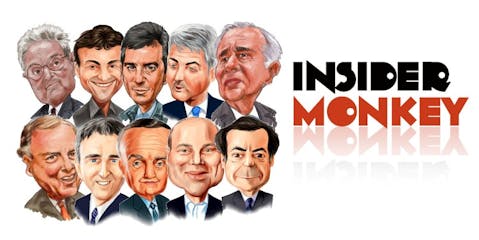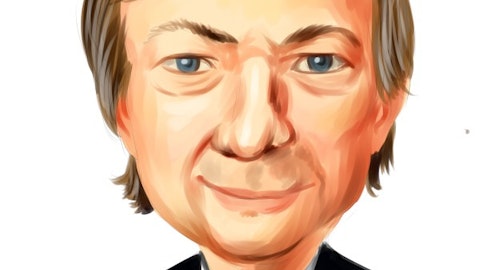Which are the largest hedge funds in the world? Most investors see hedge fund size as an indication of investment success. It is partially true though it is true that these hedge funds are extremely successful in attracting assets because of their marketing skills. Hedge funds have been having a tough time of late with passive investing strategies gaining favor with investors. Poor performance and high fees have seen investors pull out almost $51 billion from the hedge fund industry by October 2016 making it the worst year since 2009. While the overall industry has been facing pressure, many of the biggest hedge funds globally continue to perform well and have in fact increased their assets under management.
One common characteristic of the biggest hedge funds in the world is that they had higher returns when they were much smaller. Most large hedge fund managers wouldn’t acknowledge the fact that there is a negative relationship between fund size and fund returns. Our empirical analysis clearly shows that hedge funds in general generate more outperformance in the small-cap stocks than large-cap stocks. However, if you have $30 billion in assets and borrow another $30 billion to $60 billion from your prime broker to magnify your returns, you won’t find enough small-cap ideas to deploy all of this cash. Think about it. If you buy 5% of a billion dollar company, you need 1800 companies to deploy $90 billion. So, all large hedge funds experience a style drift towards large-cap stocks.
In the article below, we look at the world’s biggest hedge fund firms by AUM and also list out some of their favorite stocks. You will see that all of the top picks of these largest hedge funds are large cap stocks like Apple Inc. (NASDAQ:AAPL), Microsoft Corporation (NASDAQ:MSFT) and Amazon.com, Inc. (NASDAQ:AMZN). We also came across two surprising stock picks by the largest hedge funds. We will reveal the names of these stocks later in the article.
Before revealing the names and top stock picks of the largest hedge funds in the world, I’d like to talk about something that boggles my mind the most about institutional investors such as pension funds. Most of these are managed by underpaid people whose main concern is to keep their jobs by doing what everybody else is doing. After all nobody ever got fired for choosing IBM. Principals of pension funds know that by giving their money to the largest, most established hedge funds they aren’t risking their jobs in the event that these hedge funds underperform. On the other hand, if they do the unconventional thing and invest in smaller hedge funds (which are hungrier and actually deliver higher average risk adjusted returns), they may lose their jobs. We already know how this story plays out. Large hedge funds are good at picking large cap stocks but not good enough to generate extra returns to make up for their huge fees.

So, keep in mind that the hedge funds and stocks you will encounter in this article will be large and decent hedge funds and stocks. However, they aren’t the best hedge funds or stocks to invest in. When you check out the list of last quarter’s best performing hedge funds, you will notice that only a few of them are very large hedge funds and none of them are among the 10 largest hedge funds in the world. Anyway, the rundown of the biggest hedge funds begins on the next page:




